The Protectionist Zombie Is Back
Every generation or so, like a zombie, the case against free trade rises from the grave. It’s doing so now. The jungle drums of protectionism are beating in America and Britain just as it prepares to escape the yoke of the EU. With my garlic, sharpened stake and the use of reason, I will now do my bit to stab this zombie in the heart and be done with it… until the next time. Individually, instinctively, we are all free traders. That may come as a surprise to some, but when a doctor chooses to employ a skilled receptionist – despite the fact that the doctor can answer the phones, file case notes, write referrals and set up hospital appointments, more accurately and faster than the receptionist – the surgery can be more productive, as the doctor can see more patients. In economic terms, the doctor has an absolute advantage over the skills of the receptionist. If our doctor used this absolute advantage, he or she would be faced with doing all the clerical tasks and neglecting medical duties. This would lower the productivity and effectiveness of the surgery. Contrast this with playing to the doctor’s comparative advantage: the doctor focuses on skills that the receptionist does not have, to advance the interests of as many patients she can. If we turn to the receptionist, this is of course a joyous outcome, as he or she does not have to compete with the better-educated doctor for work, only with people of similar talent. Free trade will always mean that the poorest members of society and the least skilled have a valid role that plays to their own comparative advantages. Human co-operation on this level is so obvious that it should not need any advocacy at all. On a countrywide level, you can replace “doctor” and “receptionist” with whatever combination of the same industries you want, but it will never pay for one nation to follow a policy of competing to its absolute advantage. It will always pay for that country’s industries to concentrate on growing its trade in areas where it has superiority. The doctor and the receptionist are not rivals in the economy, but co-operating individuals whose specialisation in their joint endeavours is to everyone’s advantage. The industries of nations are likewise not rivals, but gigantic webs of peaceful, competitive and extended human co-operation across the face of the earth. The more co-operation, the deeper the benefits. This is the natural outcome of the human condition. Faced with not living in a heaven of unlimited goods and services, we can only seek co-operation if we want to benefit from the maximum output of goods and services for all. The human condition is not about the survival of the fittest or the selfish gene: we are destined to work together. Protectionist bodies, such as the European Single Market, whilst seemingly great for all those who trade within its boundaries, actually diminish the pool of talent with which its participants can co-operate. By erecting tariffs, you exclude those who are now made less competitive by the tariff, and therefore displace any advantage the Single Market participants would have gained by playing to their comparative advantages. This increases the costs of the Single Market participants and discriminates against those against whom the tariffs are set. The people in the protectionist zone sacrifice, at the margin, their prosperity. Everyone loses. Even the participants in the protected zone, who think their local pig industry is saved, pay more for the commensurate goods and services. For the richest, this will make a smaller impact than on the poorest. Protectionism always hits the poor the hardest. The 19th-century entrepreneur and Liberal parliamentarian Richard Cobden knew this so well. With a small group of fellow entrepreneur manufacturers, he took on the might of the aristocracy, who had succeeded in establishing tariffs to protect their agricultural estates from cheap imports. Cobden made the case for abolishing the Corn Laws (the catch-all term for protective food tariffs) in favour of unilateral free trade. One of his finest orations was delivered in the House of Commons on March 13, 1845, and described by his biographer John Morley as probably the most powerful speech he ever made: Men on the Tory benches whispered to one another, “Peel [the Prime Minister of the day] must answer this”. But Peel crushed in his hand the notes he had made and remarked, “Those may answer him who can”. The establishment of universal free trade in the mid-nineteenth century created the greatest period of growth in our nation’s history. I truly hope that our political masters will not listen to the vested interest groups and will be brave enough to establish unilateral free trade now as Britain leaves the protectionist EU.




